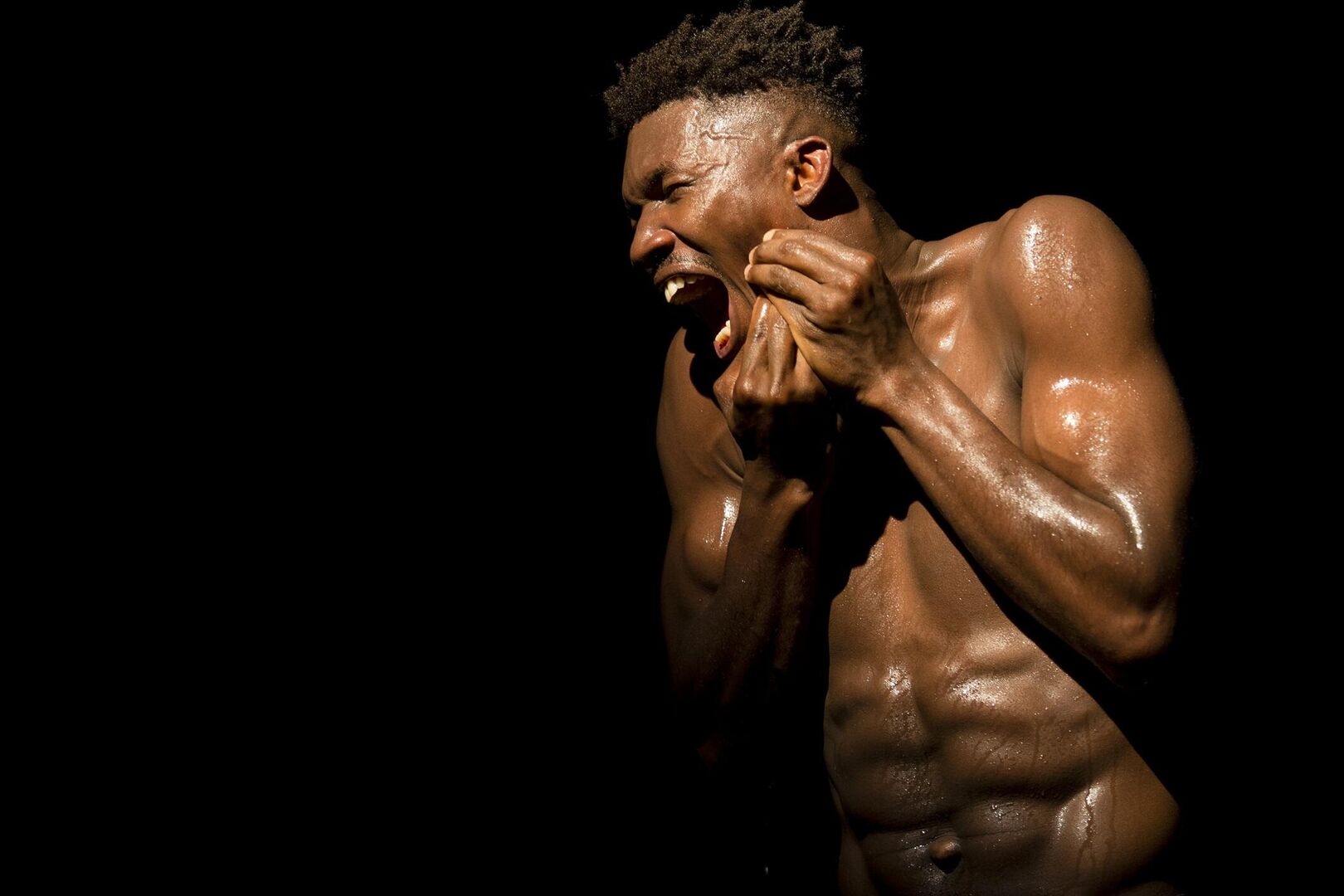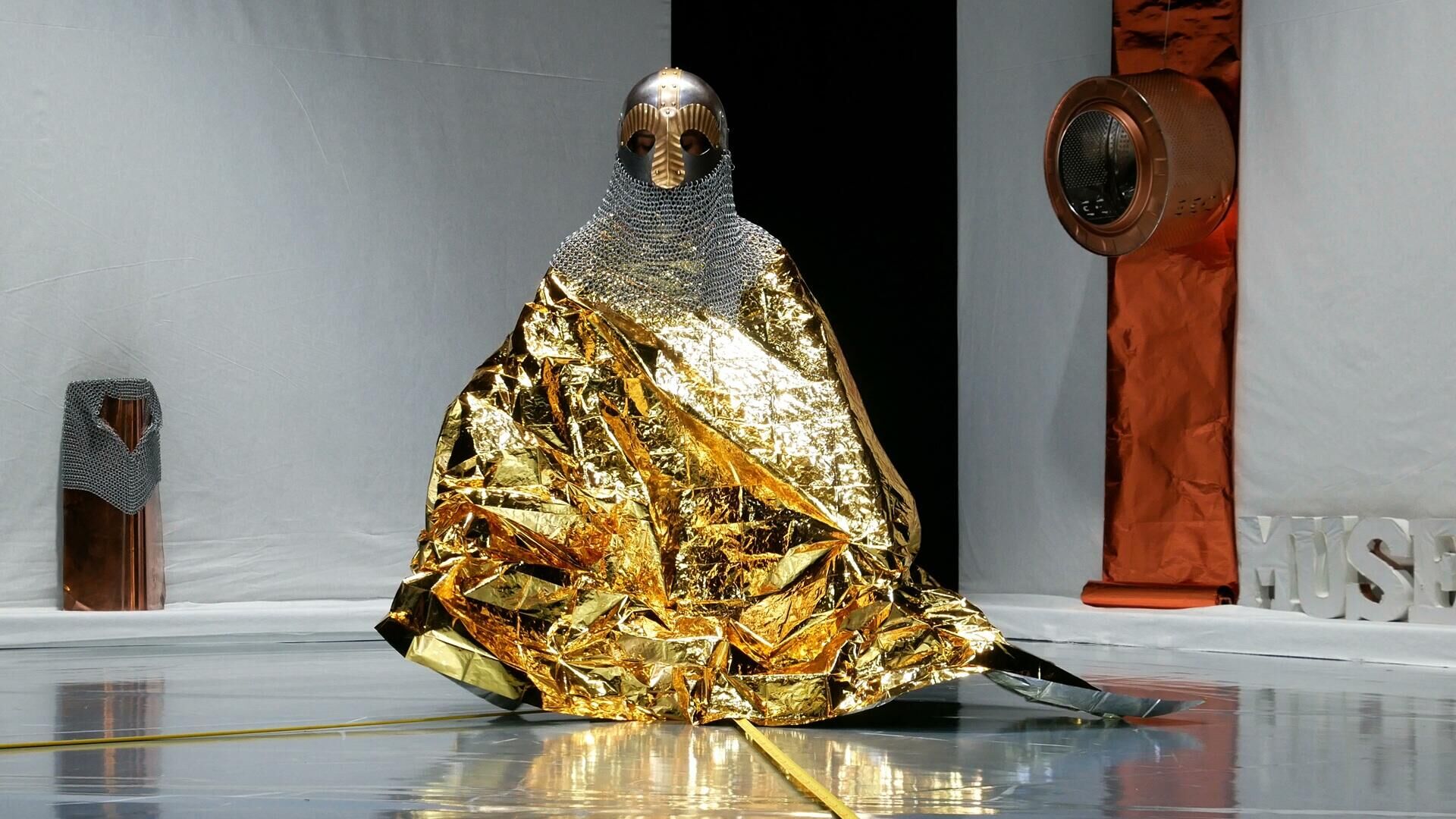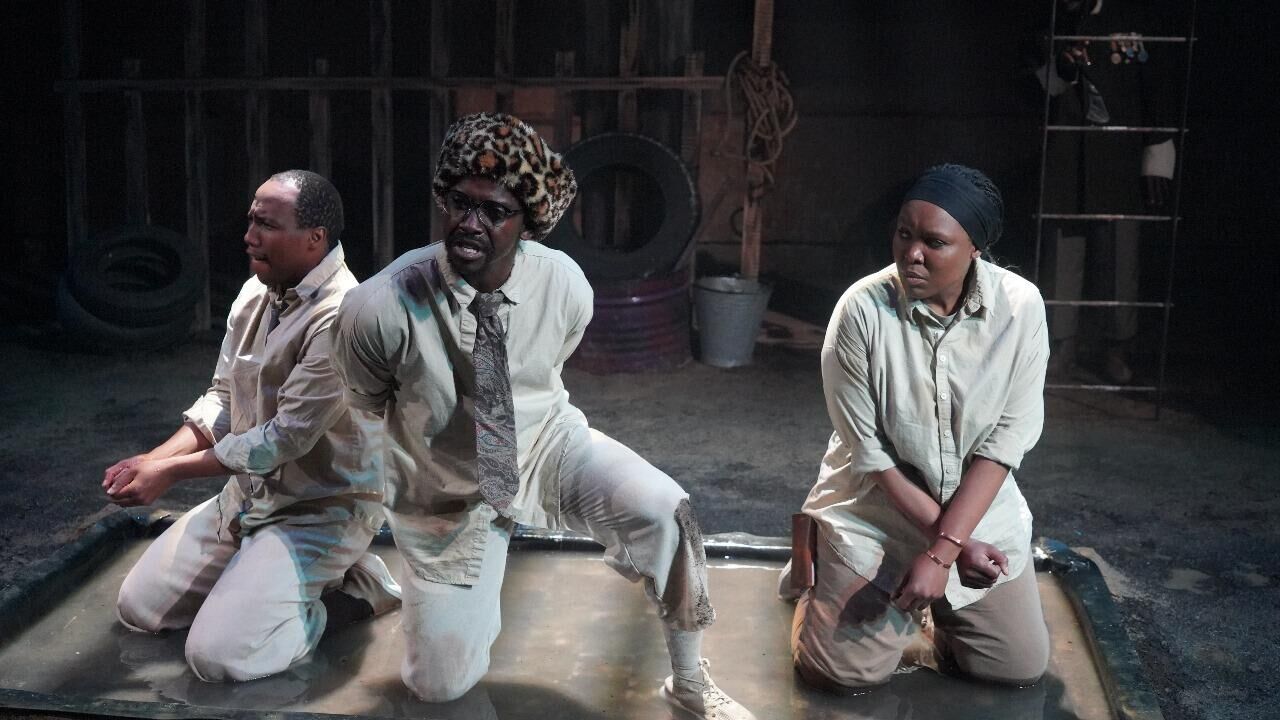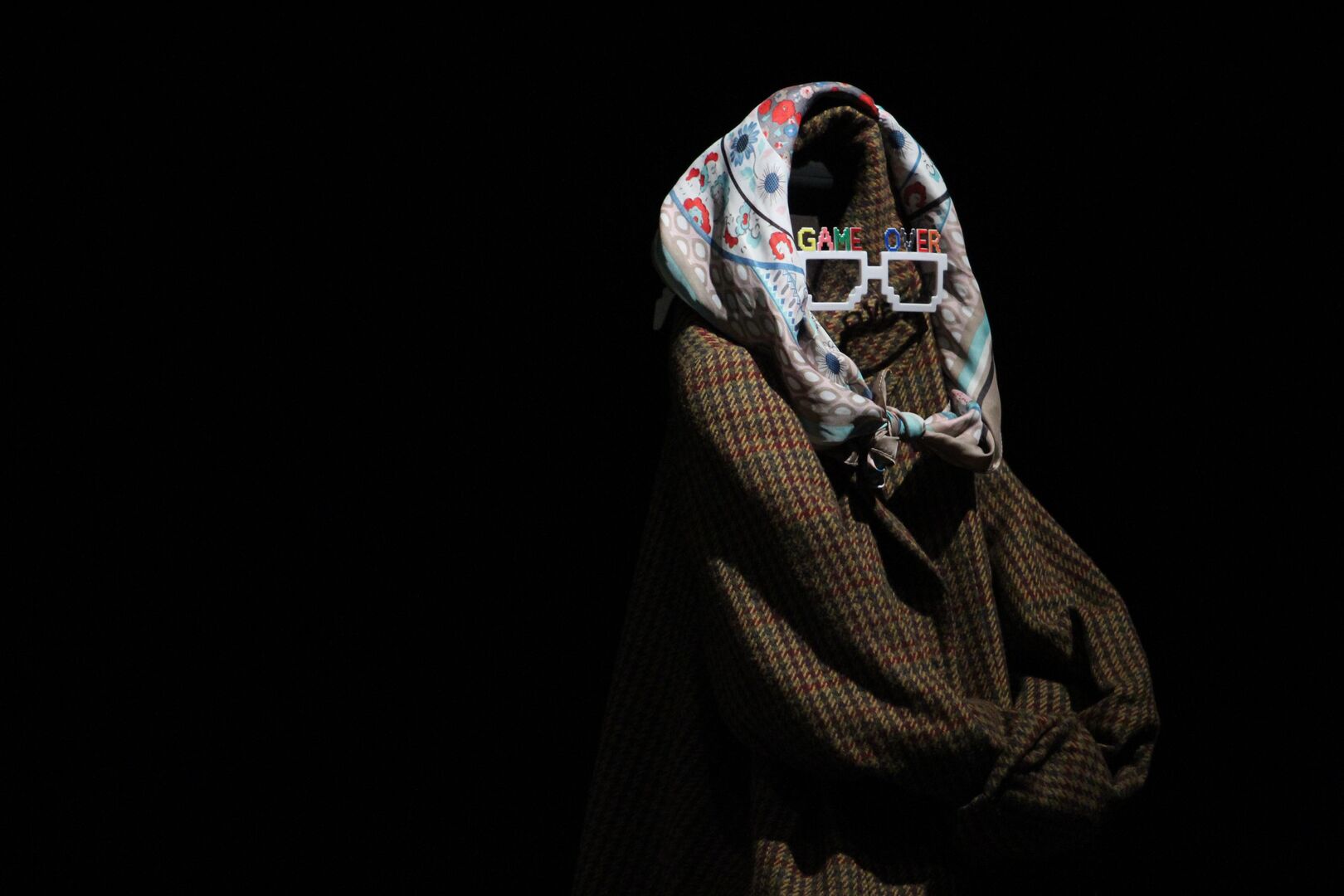An annual festival that brings dance, theatre and music performances by makers from Africa and the African diaspora together. They give shape to current questions that live there and with us and have a unique vision on them.
This year's theme is heritage. The makers show how they experience the current zeitgeist and their cultural heritage. They wonder what we can learn from the past about courage, ethics, solid strength. And about the tension between old African rituals and modern greed. What do we leave for the generations after us?
Artistic director Jay Pather on the theme of heritage:
“We live in turbulent times. In a time of war and peace, climate change, and the hope for a sustainable future. What ideas can give us faith, stability, and trust? Have we learned anything from the turbulence of the past, and what legacy do we leave for future generations? In their performances, African artists capture the current zeitgeist as they experience it. They pose questions about their cultural heritage and how we can learn lessons from the past about courage, ethics, and collective strength. About ancient African rituals and modern greed, about the tensions between tradition and modernity. How we can give a place to the erased stories of queer people of color. About what you can do to protect the people you love most. Legacy is an artistic response from artists in Africa about their heritage as it is stored in words, dance, movement, and in the body as an archive of memories, and how this translates into their work.”
Cash Cow
South-Africa 2024
In an intriguing dance and theatre solo, performer Sookool exposes the cruelty in which we often use sentient beings for our consumption. She does this by imagining herself as a cow waiting to be slaughtered. She makes the connection with the female body that is equally often used for consumption. With humour, discomfort and engaging the audience, she reflects on capitalism and asks whether the post-colonial expectations of the African dance body can change.
Black
Spain, Ivory Coast 2020
Violence, emancipation, pain and self-empowerment highlight the reality of being black in today's world. In Black, Ivorian choreographer and dancer Oulouy embodies the struggle for recognition, equality and respect of black people. According to him, these concepts are stored as memories in his own body, which he uses to confront and move. He does this with several major urban streetdance styles of Africa and the African diaspora in the USA: Coupé-Décalé, Azonto, Ndomboló, Afrohouse and Krump, supported with appropriate music. With all these styles, he depicts the history of the freedom movement.

Untitled 14 KM | 7 oktober
Marocco-Germany 2024
How is African-Arab contemporary art seen in the Western world? This question is at the heart of the living art installation and theatre performance Untitled. An Arab-Andalusian poet, a modern art museum director, an African curator and a contemporary artist try to set up an exhibition of modern art.
This creates negotiations, conflicts, awkwardness, funny moments but, above all, questions about the definition of the African-Arab identity nowadays in the world of modern art. Artist Youness Atbane and the performers portray this in a multimedia performance with visual art, theatre, fashion, dance, spoken word and music.
Trigger warning: this performance contains violent sounds and flickering lights.

KATANGA, 17 JANUARI | 8 oktober
South-Africa 2024
Patrice Lumumba, the first prime minister of what is now the Democratic Republic of Congo (DRC), is also considered the Congolese version of Nelson Mandela. With his associates, he was assassinated, presumably on 17 January 1961. This happened in Katanga, a renegade province in the DRC.
With an exchange of stories, the theatre performance Katanga, 17 January explores these murders and Lumumba's influence on today's Democratic Republic of Congo. Based on the lives of Lumumba and his comrades Joseph Okito and Maurice Mpolo, four performers examine the ongoing conflict in Congo. In doing so, they reflect on colonialism, African solidarity, independence, decolonisation and the struggle for Africa's resources.
The stories are based on archival research, interviews with Lumumba's children, a grandchild of his collaborator and a former child soldier, and on the famous independence speech and letter Lumumba wrote to his wife in captivity. Katanga, 17 January thus honours African artistic collaboration, story exchange and Africa's liberation heritage.
Trigger warning: the stories of murder, colonisation and the struggle for riches can be intense for those with personal experience around it.

Na Ná | 8 oktober
Cape Verde 2022
With costumes and props that seem to come from the future, multidisciplinary and modern artist Djam Neguin creates a Na-Ná. According to a Cape Verdean myth, Na-Ná is said to play the traditional music instrument ferrinho. Together with his companion Funa, who played harmonica, they are said to have developed the dance and music style Funaná. Besides music and dance, this style also consisted of traditional male behaviour. Funaná is said to have originated when slavery ended on the island of Santiago in Cape Verde. No one knows exactly whether Na-Ná really existed because the history of Funaná is not being saved in music script. It was traditional male behaviour in Santiago that ensured that this style of music and dance was preserved.
In an exuberant solo performance with traditional music, modern dance, theatre, light and fashion, Djam Neguin bends the man as ruler into an answer for the future.

Combiticket Wednesday October 8
For only €25,- you can see both the performance Na Ná (start 19h00) and the performance Katanga, January 17 (start 20h00) on the same night. you can buy your combiticket by clicking the button below.

